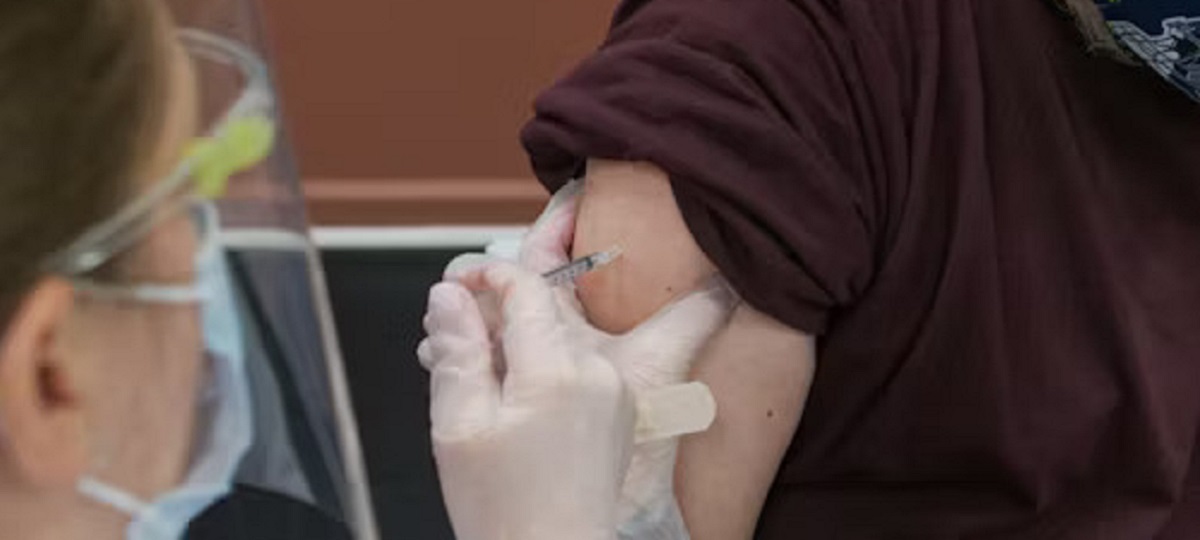Receiving a flu shot is a proactive step toward safeguarding your health and the well-being of those around you. However, after getting vaccinated, it’s essential to take care of yourself and be mindful of certain activities or habits that might interfere with your body’s response to the vaccine. This article outlines what to avoid after receiving a flu shot to ensure a smooth recovery and maximize the effectiveness of the vaccine.
Understanding the Flu Shot
The flu vaccine stimulates your immune system to produce antibodies that protect against specific influenza viruses contained in the vaccine. These antibodies develop approximately two weeks after vaccination, providing protection against the flu virus strains included in the vaccine.
What to Avoid After Getting a Flu Shot
Here are some things to avoid after getting a flu shot:
- Strenuous Physical Activity: While regular exercise is essential for overall health, engaging in intense physical activity immediately after receiving a flu shot may not be advisable. Vigorous exercise can temporarily elevate your body temperature and potentially cause discomfort at the injection site. It’s best to wait at least 24 hours before resuming high-intensity workouts.
- Alcohol Consumption: Alcohol consumption can temporarily weaken the immune system and may interfere with your body’s ability to mount a robust response to the flu vaccine. To optimize the effectiveness of the vaccine, it’s advisable to avoid excessive alcohol intake for at least a day or two after vaccination.
- Smoking: Smoking can impair lung function and compromise the respiratory system’s ability to fight off infections. Additionally, smoking may exacerbate potential side effects such as soreness at the injection site or mild flu-like symptoms. If you’re a smoker, consider refraining from smoking for a few hours after receiving the flu shot.
- Overexertion: After getting a flu shot, it’s essential to listen to your body and avoid overexertion. Pushing yourself too hard physically or mentally can increase stress levels, which may impact your immune system’s response to the vaccine. Get plenty of rest and avoid activities that drain your energy excessively.
- Exposure to Sick Individuals: While the flu vaccine provides protection against specific strains of the influenza virus, it doesn’t guard against other respiratory infections or illnesses. Avoid close contact with individuals who are sick, especially if they exhibit flu-like symptoms such as coughing, sneezing, or fever. Practicing good hand hygiene and maintaining a safe distance from sick individuals can help reduce the risk of contracting other illnesses.
- Skipping Hydration: Proper hydration is essential for maintaining overall health and supporting your body’s immune response. After receiving a flu shot, make sure to drink plenty of fluids, such as water, herbal teas, or clear broths. Staying hydrated can help alleviate potential side effects like fatigue or headache and promote a speedy recovery.
Common Side Effects
While the flu shot generally tolerates well, some individuals may experience mild side effects after vaccination. These side effects typically occur within a day or two of receiving the shot and may include:
- Bruising, swelling, or redness where the injection was made
- Low-grade fever
- Fatigue
- Headache
- Muscle aches
- Nausea
The majority of these side effects are minor and go away in a few days on their own. You may, however, take a few actions to lessen discomfort and enhance your body’s immunological response.
Conclusion
Getting vaccinated against the flu effectively protects yourself and your loved ones from influenza-related illness and complications. However, taking care of yourself after receiving the flu shot is equally important. By avoiding certain activities and behaviors that may interfere with your body’s immune response, staying hydrated, and paying attention to any symptoms of concern, you can promote a smooth recovery and maximize the effectiveness of the vaccine. If you have any questions or concerns about post-vaccination care, don’t hesitate to consult your healthcare provider for guidance.
